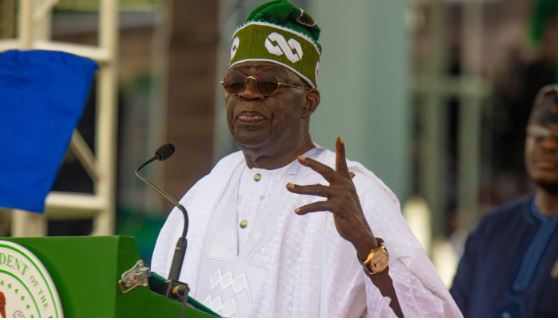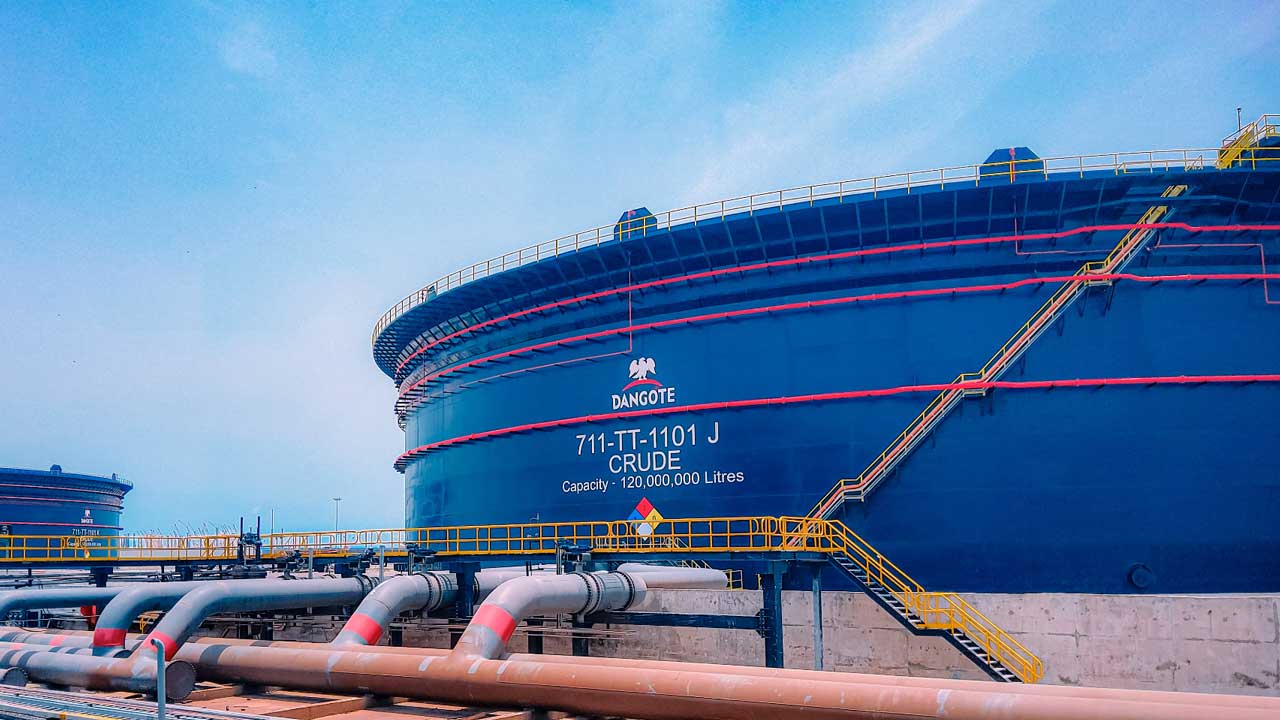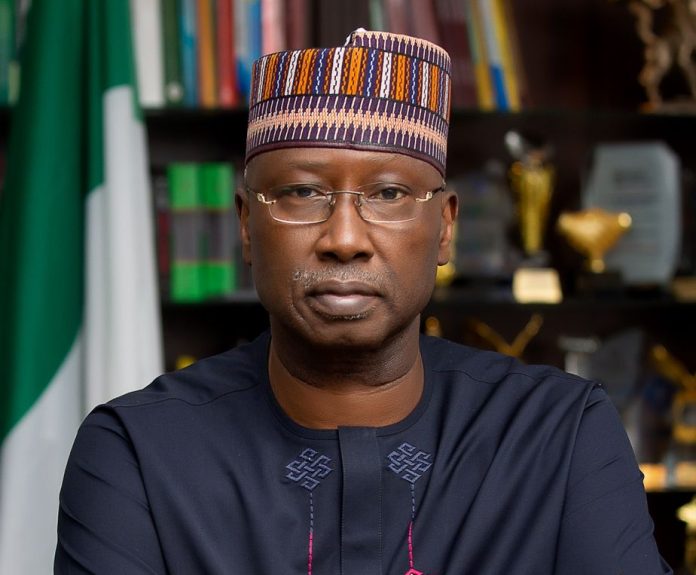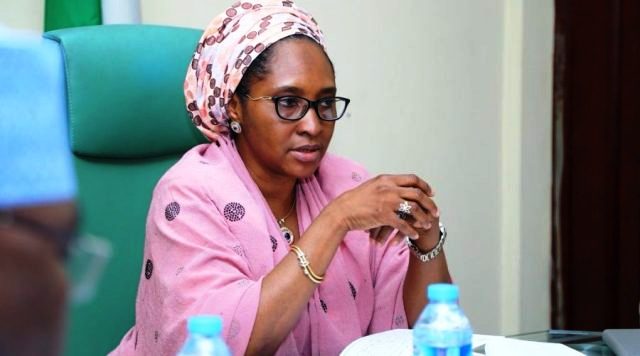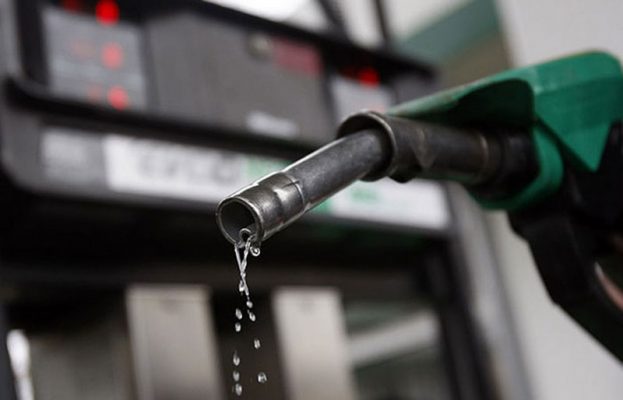While the Dangote Refinery plays a crucial role in resolving Nigeria’s importation challenges, several challenges pose significant obstacles…
The Nigerian government’s expenditure on the maintenance and rehabilitation of its refineries, along with fuel subsidies despite financial challenges, has surpassed the cost of constructing new refineries capable of refining significantly higher volumes of crude oil, some stakeholders have argued.
TheNewsGuru.com (TNG) reports that over the past eight years, more than N12.05 trillion has been spent on repairs and subsidies, yet the existing refineries, with a total refining capacity of 445,000 bpsd, have failed to produce enough refined oil for domestic consumption despite the substantial investment of over a quarter of this amount (N4.15 trillion) on maintaining and rehabilitating the three refineries located in Kaduna, Port Harcourt and Warri.
In April 2022, the then Minister of State for Petroleum Resources, Timipre Sylva, announced that the rehabilitation of the old Port Harcourt refinery would be completed by the first quarter of this year, but the expected output was only 28 per cent of the 210,000 bpsd capacity.
Over the years, the refinery has faced issues of corruption, poor management, sabotage, and a lack of mandatory turnaround maintenance (TAM). These factors have contributed to its inefficiency and an operating capacity of only around 40 per cent at best.
“The commitment is to deliver 60,000 barrels per day from this refinery by the first quarter of next year, and, of course, we are quite happy,” Sylva said after a facility tour in Eleme, Rivers state.
About three months later in July, The Nigerian National Petroleum Company (NNPC) became a fully Limited Liability Company in accordance with the provisions of the Petroleum Industry Act (PIA), raising stakeholders’ expectations of the company.
Yet, NNPC Limited failed to meet its timeline for the rehabilitation and functioning of the Port Harcourt refinery. The company’s Executive Vice President, Danladi Inuwa, later extended the resumption date of the refinery to the second quarter of the year.
“We are working on revamping our refineries. For instance, the Port-Harcourt refinery will be functioning by the second quarter of 2023, the area five of the refinery will be functioning.
“Also, Warri and Kaduna refineries have been signed on a quick rehabilitation to refine our petroleum product in the country,” Inuwa said.
The decision to refurbish the refinery comes amid calls for privatization and concerns over mismanagement and financial losses.
There is also an ongoing modular refinery program initiated by the federal government, to promote legal and regulated refining activities across the country and curb illegal oil bunkering and criminal activities in the Niger Delta region, which contribute to environmental issues such as the soot pandemic in Port Harcourt.
The dire state of the country’s refineries has placed a significant burden on Nigeria’s finances, with a considerable portion of its foreign currency reserves being used to import refined oil for domestic consumption, hindering the allocation of funds for social and economic development initiatives.
However, in contrast to the struggling state-owned refineries, the recently launched Dangote Petroleum Refinery, with a refining capacity of 650,000 bpsd, provides hope for Nigeria’s refining capacity and is expected to curb intermittent scarcity of petrol.
Speaking at the commission ceremony, Africa’s richest man and the driving force behind the project Aliko Dangote, said the priority was to ramp up production to ensure the refinery could fully satisfy Nigerian demand and eliminate “the tragedy of import dependency”.
While the Dangote Refinery plays a crucial role in resolving the Nigeria’s importation challenges by bolstering domestic refining capacity, several challenges including declining oil production, supply chain complexities, and controversies surrounding the daily fuel consumption figures, pose significant obstacles to the refinery’s seamless operation and its ability to address Nigeria’s reliance on imported petroleum products.
Nigeria has experienced a decline in oil production due to persistent issues such as oil theft, pipeline vandalism, and underinvestment. In April, Nigeria’s oil production fell below one million barrels per day (bpd), dropping below Angola’s output.
Another significant challenge revolves around the controversy surrounding Nigeria’s daily fuel consumption figures. While the Nigerian Midstream and Downstream Petroleum Regulatory Authority (NMDPRA) has pegged the country’s daily petrol consumption figure to 66.8 million litres, the Nigeria Customs Service claimed that the NNPC released 98 million litres daily, raising questions about the accuracy and transparency of reported consumption figures.
Analysts say that while the establishment of the Dangote Refinery holds promise in addressing Nigeria’s importation challenges, several identified hurdles must be addressed to unlock its full potential.

